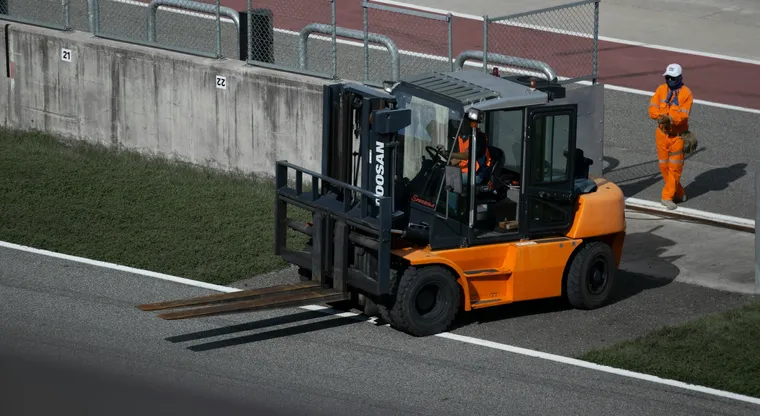Ensuring forklift operators are highly trained and implementing robust maintenance schedules are pivotal in maximizing the longevity and performance of these critical warehouse assets. Regular check-ups and floor marking systems further enhance operational safety and efficiency.
Introduction To Warehouse Forklifts
Warehouse forklifts play a crucial role in the smooth operation of any storage or manufacturing facility. These versatile machines enable the efficient movement of heavy loads, making the day-to-day activities more manageable and less time-consuming. Whether transporting pallets, unloading deliveries, or stacking items on high shelves, forklifts are indispensable for maintaining productivity and organization in a warehouse setting.
Beyond their basic functionality, forklifts come equipped with various features designed to enhance safety and efficiency. Modern models often include ergonomic controls, advanced stability systems, and precise handling capabilities. These advancements not only improve the overall performance of the forklift but also contribute to creating a safer environment for operators and other warehouse staff. Proper usage and regular maintenance of these machines are essential for maximizing their benefits and longevity.

Daily Tasks And Responsibilities Of Forklift Operators
As a forklift operator, your day often begins with a thorough inspection of the equipment. This pre-operation check is crucial for identifying any potential issues that could compromise safety. You'll examine the brakes, forks, and hydraulic systems, ensuring everything is in working order. Documenting these inspections in a log can provide a valuable record of equipment condition, aiding in timely maintenance and repairs. Beyond machinery checks, you’ll also confirm that all safety mechanisms, such as seat belts and horns, are functioning properly, setting the stage for a safe workday.
Throughout the day, your responsibilities extend to moving goods efficiently and accurately within the warehouse. Precision is key as you navigate through aisles, ensuring that loads are stable and within the forklift's weight capacity. Proper load-handling techniques not only prevent accidents but also protect the integrity of the cargo. Additionally, communication with your team is vital; using hand signals or radios helps coordinate movements and avoids collisions. Whether stacking pallets or unloading trucks, your role is essential in maintaining the flow of operations and supporting your team's productivity.
Understanding Different Forklift Types
Different forklift types serve various purposes and are tailored to meet specific business needs. For example, cushion tire forklifts are ideal for indoor use on smooth surfaces due to their smaller turning radius. On the other hand, pneumatic tire forklifts are more suited for outdoor environments with rough or uneven surfaces. Rough terrain forklifts, with their high ground clearance and large tires, are perfect for construction sites and agricultural settings, providing stability and mobility across challenging terrains. Understanding these distinctions can significantly enhance operational efficiency and safety.
Meanwhile, the weight capacity of forklifts varies considerably. Lighter models usually handle loads up to 3,000 lbs, while heavy-duty models can lift weights reaching 60,000 lbs. It's essential to match the forklift type with your specific job requirements to avoid accidents and ensure smooth operations. Rental services, like those offered through platforms such as DOZR Marketplace, provide access to a range of forklifts, helping businesses find the best fit for their particular needs. Regular maintenance checks are also crucial; keeping forklifts in peak condition not only prolongs their lifespan but also enhances safety for operators and staff alike.
